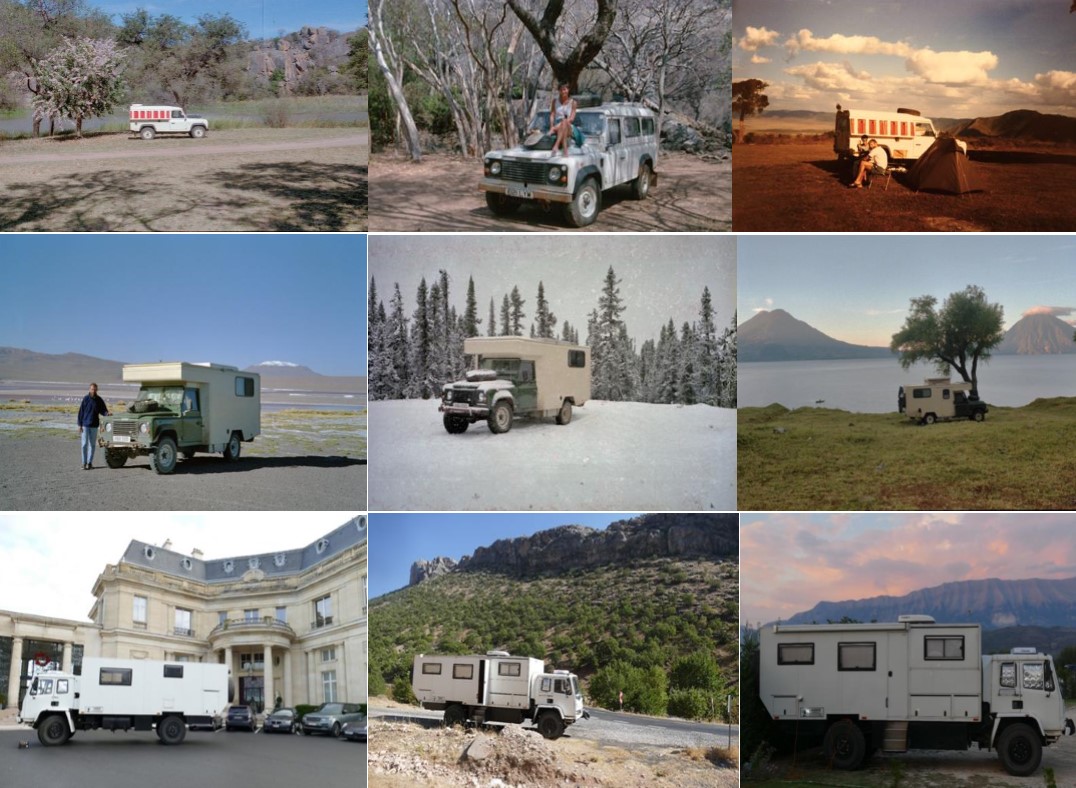Overnight stops (in date order): Gunns Plains, Stanley, Arthur Pieman Conservation Area, Zeehan, Strahan (x2), Bronte Lagoon, Mount Field National Park, Edgar Dam (Lake Pedder), Hobart, Ross, Westbury, Ben Lomond National Park, Musselroe Bay, Bay of Fires (north of St Helens), Friendly Beaches (Freycinet National Park), Sorell, Hobart (x3), Bruny Island (x2), Dover, Dunalley, Fortescue Bay (Tasman National Park), Nubeena, Bothwell, Cradle Mountain National Park.
From the boat at Devonport, our first stop in Tasmania was at Gunns Plains and a visit to another animal sanctuary (aka a zoo!) to see yet more native wildlife.
The area also has a large network of limestone caves and sinkholes.
We drove west along the North coast past the lighthouse at Table Cape, near Wynyard….
and through Stanley, a picturesque seaside town sitting in the lee of a high rock outcrop – ‘The Nut’

to Marrawah where the sealed road ends.
The next 150km were on unsealed roads through the remote and uninhabited Pieman River State Reserve.
For a hundred years from the mid-nineteenth century, north-west Tasmania was exploited for its timber – especially the Huon Pine – and minerals; including gold, copper and iron. The legacy is sleepy towns with grand Victorian buildings (this is Zeehan),
a museum in almost every village,
dead rivers (the colour of the water is caused by the 100 Million tonnes of mine tailings dumped upstream at the Mount Lyell Mine),
denuded hillsides,
and some very large holes in the ground.
The enterprising Tasmanians have exploited their past for the tourist dollar and we took the trip on the restored ‘West Coast Wilderness Railway’ which was built to transport ore from the mines at Queenstown to the port at Strahan.
From the ravaged west coast we moved to the pristine Mount Field national park with its waterfalls and untouched forest of eucalypts and tree ferns.
The weather has been mixed in Tasmania….
but, even on wet days, there is some great walking, such as the track up Mount Eliza,
with wonderful views when the clouds break.
Although their history goes back little further than 200 years, the Australians seem proud of their heritage and zealously protect and restore their old buildings. Tasmania has some of the oldest settlements and the relative lack of subsequent development means that towns such as Oatlands,
Ross
and Richmond
(the last photo is of Richmond gaol) are almost unchanged since the mid-nineteenth century; apart from being a lot cleaner!
having reached Hobart from the west, we headed back north to Launceston, to have our leaking skylights resealed, and then back down the east coast; spending most nights camping in the wonderful national parks. Highlights were: Ben Lomond,
Musselroe Bay, where we saw Forester Kangaroos, Wallabies and Wombats (alive and in their natural state),
The Bay of Fires
and the beautiful Freycinet Peninsula.
From Freycinet we headed to Hobart
and then south and west to cross by ferry
to the beautiful Bruny Island where we spent two nights camped on beaches in the national park.
We then moved to the Tasman Peninsula, east of Hobart. Here we visited Port Arthur which was a penal colony for recidivist convicts for forty years from the 1840s.
The highlight however was the peninsula’s beautiful and rugged coastline which we saw both from land
and by sea.

(the silly red capes were mandatory!)
The last leg of our journey was back north through Bothwell to Cradle Mountain National Park where we ended our month in Tasmania on a high – me with a walk around Dove Lake….
on the morning of the day that we took the overnight ferry back to Melbourne.
An Australian that we met described Tasmania as ‘the poor man’s New Zealand’. However, we loved it despite the changeable weather with the coming of Autumn. This is perhaps best illustrated by photos of our first…
And last day..
on the island.
Responses
Elaine Wilson says: Wow, How fantastic! I adore the animal pictures, especially you stroking a wallaby. the waterfalls are amazing. Have you seen any big or dangerous spiders? I may go one day but couldn’t if you get Arachnids there……
I am truly in awe of your photography. missing you loads, sending you lots of Love,
Ronnie and Elaine x
Pauline Matthews says: Wonderful!! I have at last found my way into your wonderful photogs (with help!) and send you both my love and best wishes for youir further travels through Australia! Very good luck, the pix are great! Pauline M.
Carole says: I’m running out of superlatives. Amazing, especially the animal photos. Oh and the buildings, and the scenery. great stuff. Tasmania looks really special.
Lots of love, Carole XX
Andrée Gagné says: Bonjour à vous deux. J’ai bien reçu la carte postale que Danielle m’a envoyé. Les photos sont superbes. Surtout celles des animaux et les paysages à couper le souffle. Je vois que Paul a flatté un kangourou. On m’a dit qu’un kangourou était dangereux, seet-ce vrai??? Il semble être un bébé. Vous pouvez m’en rapporter un de chaque: koala, kangourou, tasmanian, oiseaux etc. La neige vous a rejoint!! Nous, nous en avons plus depuis 3 semaines. Le mois de mars a été exceptionnel car il a fait pendant 4 jours, 25 degrés celcius. Nous avions jamais vu ça se promener en short et sandales durant le mois de mars. Mais le froid nous a rattrapé vite car maintenant, nous reportons nos manteaux. Merci de partager de si belles photos! Bonne route! Andrée et Stéphane xxx
Simon McIlroy says: More great photos, especially some of the rock formations. You have portrayed Tasmania as a very quiet and quaint place to visit-if I get the chance I would certainly go. Liked the designer river gear-very fetching. Looking forward to your next despatch. Bon voyage, Simon & Susie






























































































